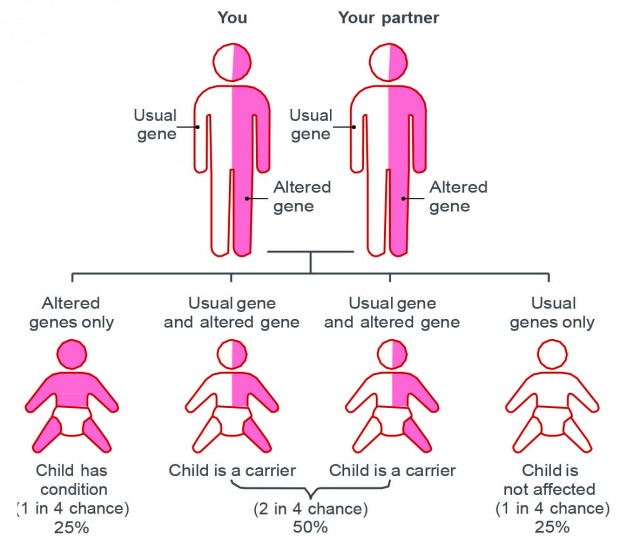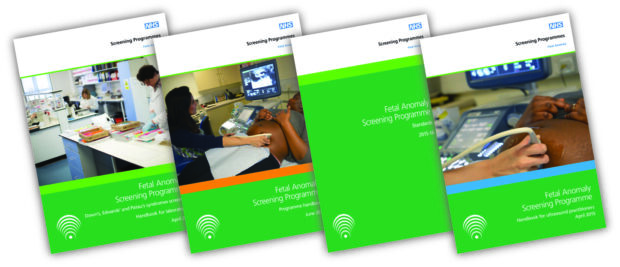Improving outcomes for babies with genetic disorders

...for Genes Day. To take part you simply have to wear denim to work or school and make a donation for the chance to do so. PHE screening blog The...
Annette McHugh is a Midwife by training. She has worked in screening since 2006, first as a Regional Antenatal & Child Health Screening Coordinator in the South West of England and from April 2013 as Programme Manager for the NHS Fetal Anomaly Screening Programme as part of Public Health England.
Annette relishes the day to day challenges of her role and collaborative working with colleagues in the other 10 screening programmes.
Annette lives in South Wales and enjoys supporting the Cardiff Blues and Wales rugby teams and walking her dog, Alfie, in the wonderful Gwent countryside.

...for Genes Day. To take part you simply have to wear denim to work or school and make a donation for the chance to do so. PHE screening blog The...
...fetal cardiac protocol earlier this year. And it brings to five the number of views ultrasonographers have to take of the heart of the fetus in every pregnant woman at...

...and the other for T18 / T13. A risk cut-off determines those women who are in the ‘higher risk’ group and considered ‘screen positive’ – this is currently set at...
Public Health England (PHE) existed to protect and improve the nation’s health and wellbeing, and reduce health inequalities. It closed on 30 September 2021 and this blog is no longer updated.
Find out more about the implications for health screening in our Changes ahead for the national screening system blog article.
If you want to stay in touch with screening evidence and policy news, you can subscribe to the UK National Screening Committee blog.